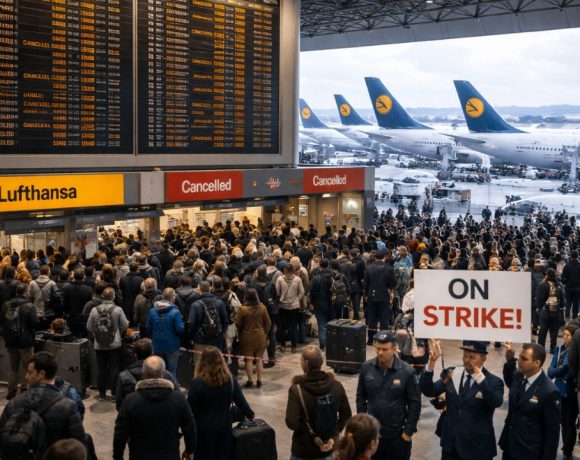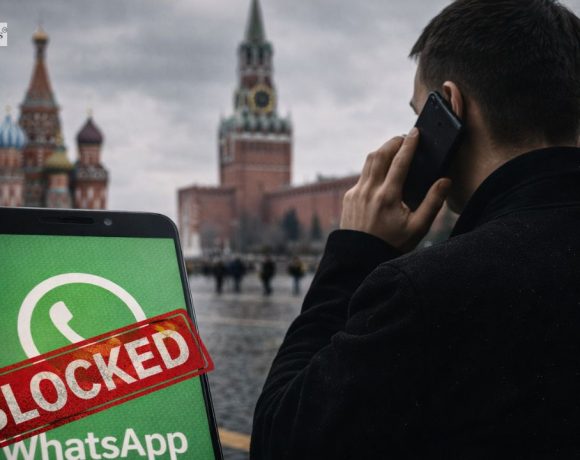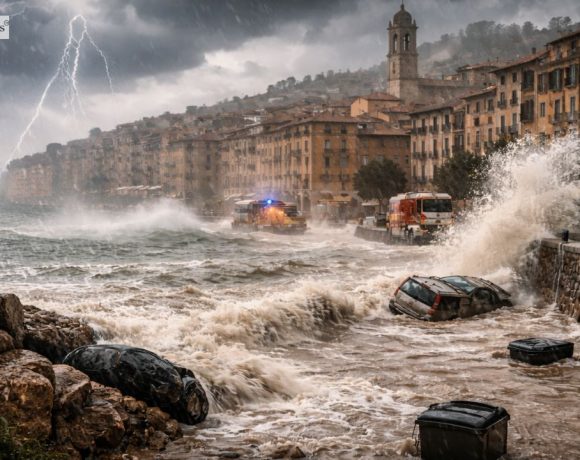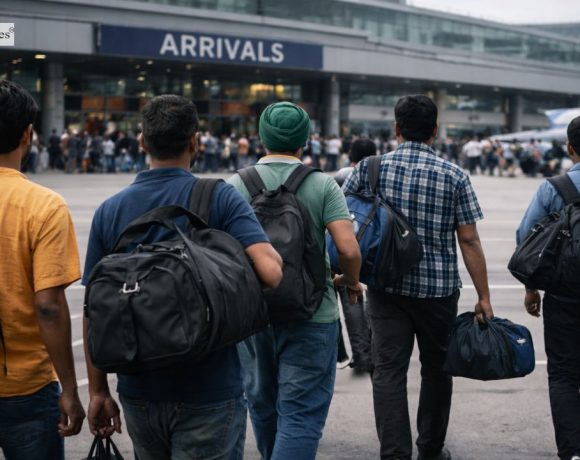
French authorities have detained nine people, including two officials from the Louvre Museum, in connection with an alleged ticket fraud that may have cost the Paris landmark up to 10 million euros ($11.8 million) in lost revenue. The Paris prosecutor’s office said those in custody also include several tour guides and the suspected organiser of the network. Investigators seized nearly 1 million euros in cash and about 500,000 euros held in bank accounts.
The probe began in December 2024 after the museum flagged suspicious activity involving guides who allegedly reused single-entry tickets to admit multiple groups of tourists. Following more than a year of investigation, police uncovered what they described as a long-running network that may have fraudulently ushered in as many as 20 tour groups per day over a decade, allegedly bribing museum staff to overlook the scheme. Authorities believe proceeds were invested in real estate in France and Dubai.
Prosecutors added that similar fraudulent practices may have occurred at the Palace of Versailles, though details were limited. The case adds to recent challenges faced by the Louvre, including security and infrastructure setbacks. Museum officials said they are strengthening anti-fraud measures as part of broader efforts to protect revenues, particularly after raising ticket prices last month for most non-EU visitors to support renovation plans.
Pic courtesy: google/ images are subject to copyright









